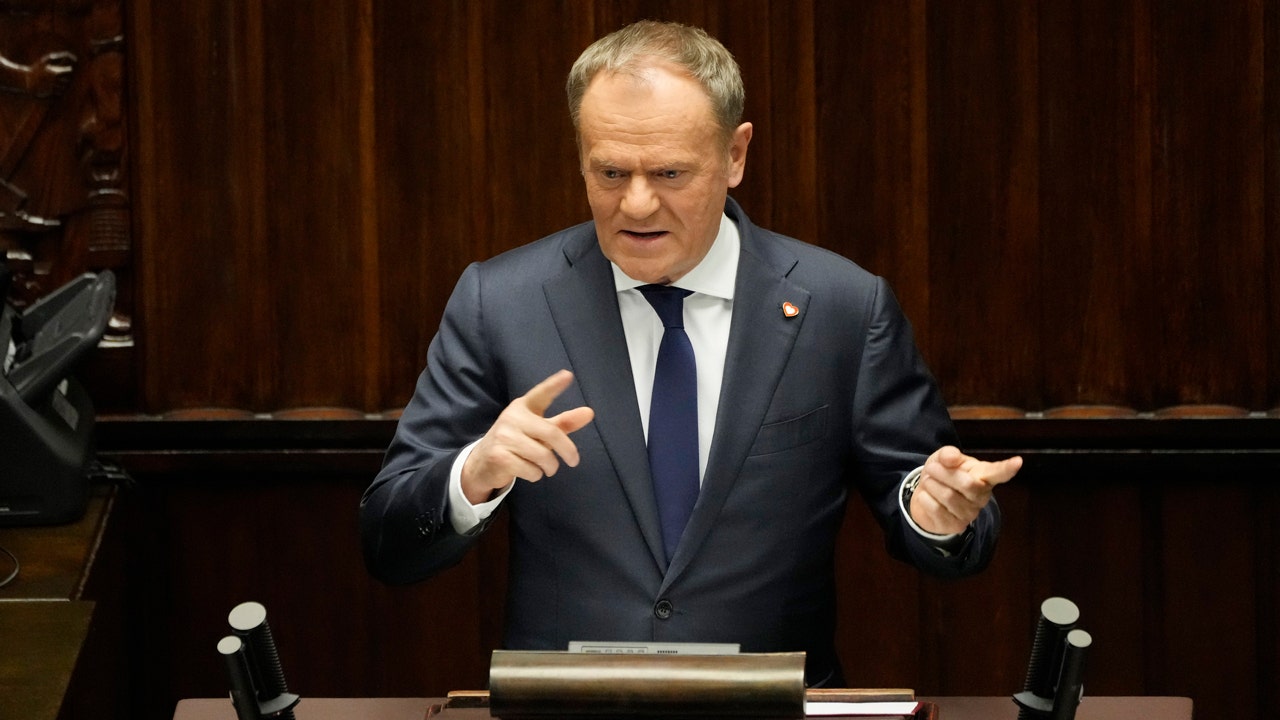World
Polish government plans mandatory military training for adult men

Introduction: Poland’s Enhanced Security Strategy
In response to the escalating tensions in Europe, particularly the ongoing conflict in Ukraine, Poland has unveiled an ambitious plan to bolster its national security. The strategy, announced by Polish Prime Minister Donald Tusk, focuses on preparing the country’s adult male population for large-scale military training. This initiative aims to create a robust reserve force capable of addressing potential threats in a rapidly shifting geopolitical landscape. The reserve force is envisioned to complement Poland’s existing military, which is set to expand from 200,000 soldiers to a target of 300,000. This move underscores Poland’s commitment to strengthening its defenses amid concerns about regional instability and external threats.
Military Training and Reserve System: A New Era of Preparedness
Central to Poland’s security plan is the introduction of a large-scale military training program for adult males. Prime Minister Tusk emphasized that this initiative is not a revival of universal military conscription but rather a structured reserve system modeled after Switzerland. In Switzerland, every male is required to serve in the military or perform alternative civilian service, while women can volunteer. Poland, with its population of 38 million, seeks to mirror this approach to ensure a well-prepared and substantial reserve force. By fostering a system where men are trained and ready to serve, Poland aims to bolster its national defense capabilities significantly.
Societal Shifts and the Resurgence of Chivalric Ethos
Jaroslaw Kaczyński, leader of Poland’s conservative Law and Justice party, highlighted the need for a societal mindset shift alongside military preparedness. He invoked a return to a "chivalric ethos," emphasizing that men should be ready to sacrifice, even to the point of death, for their country. This perspective reflects a broader cultural shift, where the notion of male civic duty is being rekindled. The idea is to instill a sense of national pride and responsibility, encouraging men to embrace their role as potential defenders of the nation. This societal transformation is seen as crucial in fortifying Poland’s resilience against potential threats.
Geopolitical Concerns and the Impact of the War in Ukraine
Poland’s heightened security measures are driven by deep concerns over the ongoing war in Ukraine and the fear that a Russian victory could rekindle imperial ambitions targeting neighboring countries, including Poland. Historically, Poland has suffered under Russian domination during the 19th century and the Cold War era. The current geopolitical scenario, with Russia’s relentless attacks on Ukraine’s energy infrastructure, has intensified these fears. Prime Minister Tusk warned that a Ukrainian defeat or a peace agreement that undermines its sovereignty could place Poland in a precarious position, necessitating a strong and ready defense force.
The Role of NATO and U.S. Policy Shifts
The shifting stance of the U.S. under President Donald Trump has added layers of uncertainty for European security. Trump’s seemingly wavering support for Ukraine and hints of reevaluating U.S. commitments to NATO have rattled European allies. Despite issuing warnings to Russia over its attacks on Ukraine, the inconsistent signals from Washington have prompted European countries, including Poland, to reassess their reliance on U.S. protection. This has accelerated Europe’s push for greater defense autonomy, with the EU considering an $840 billion plan to "rearm Europe." Poland, as a key NATO member on the eastern flank, is at the forefront of this strategic realignment.
Economic Commitments to Defense: Poland Leads by Example
Poland has already distinguished itself as NATO’s top spender in terms of GDP allocation to defense, exceeding the 4% target this year. President Andrzej Duda proposed a constitutional amendment to cement this commitment, ensuring that future governments maintain this level of defense spending. This move reflects the political consensus in Poland regarding the necessity of robust defense capabilities. By enshrining this commitment in the constitution, Poland aims to send a strong signal of its dedication to national and regional security. As the geopolitical landscape continues to evolve, Poland’s proactive approach serves as a model for other NATO members.
Conclusion: Fortifying Poland’s Future Security
In summary, Poland is taking comprehensive steps to enhance its security posture through military preparedness, societal engagement, and economic investment. The introduction of a Swiss-style reserve system, alongside a renewed emphasis on civic duty, aims to create a resilient defense force. Poland’s leadership in defense spending and its push for a stronger European defense framework underscore its commitment to regional stability. As the situation in Ukraine and relations with Russia continue to unfold, Poland stands determined to safeguard its sovereignty and security, ensuring a strong foundation for future challenges.